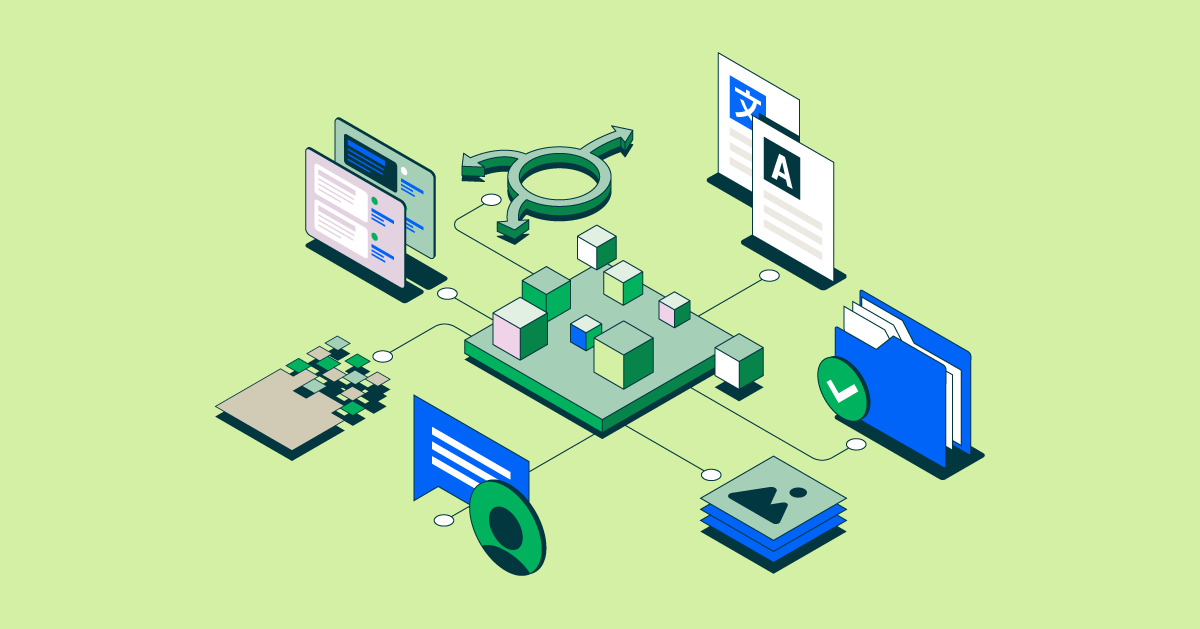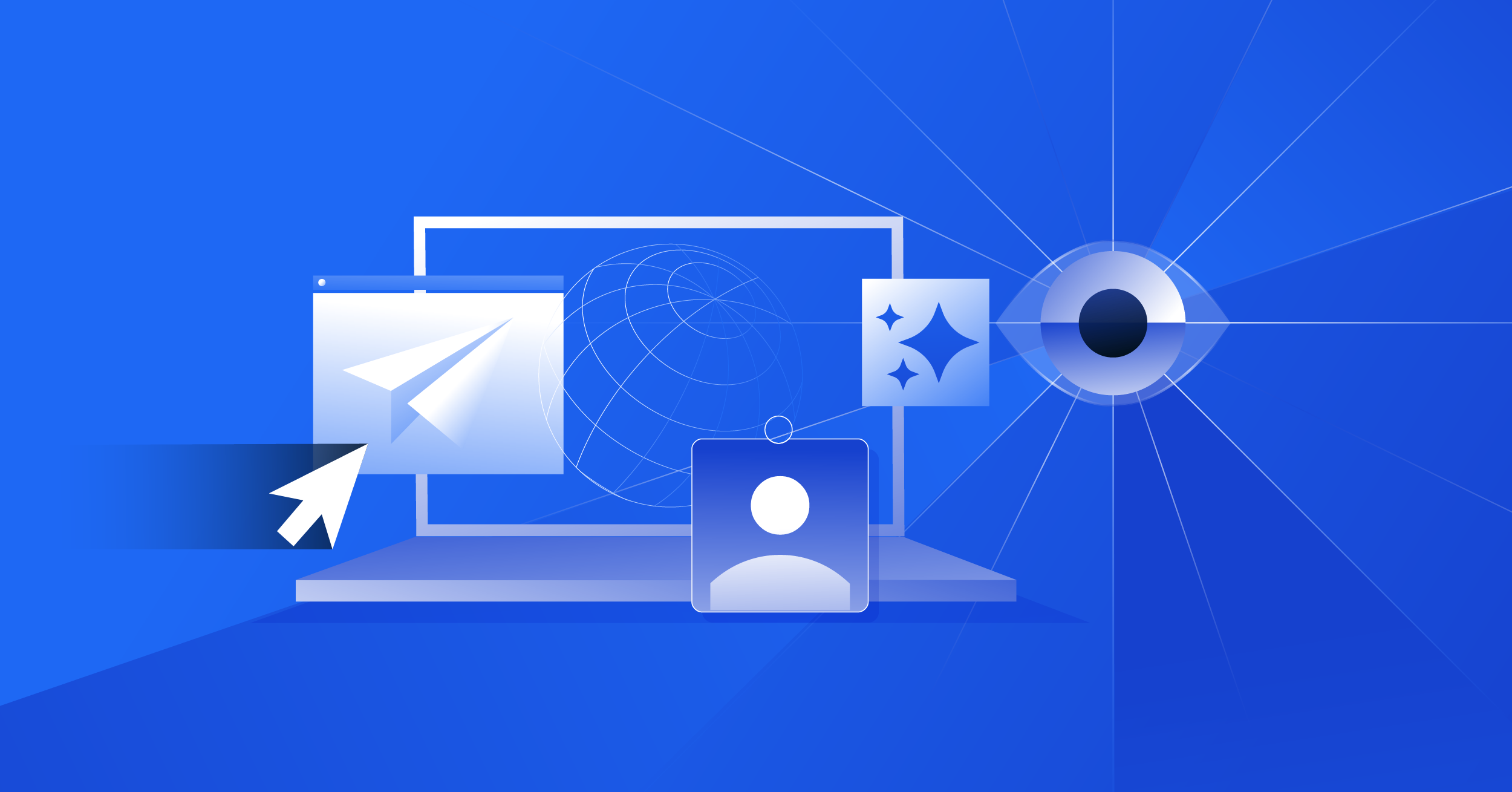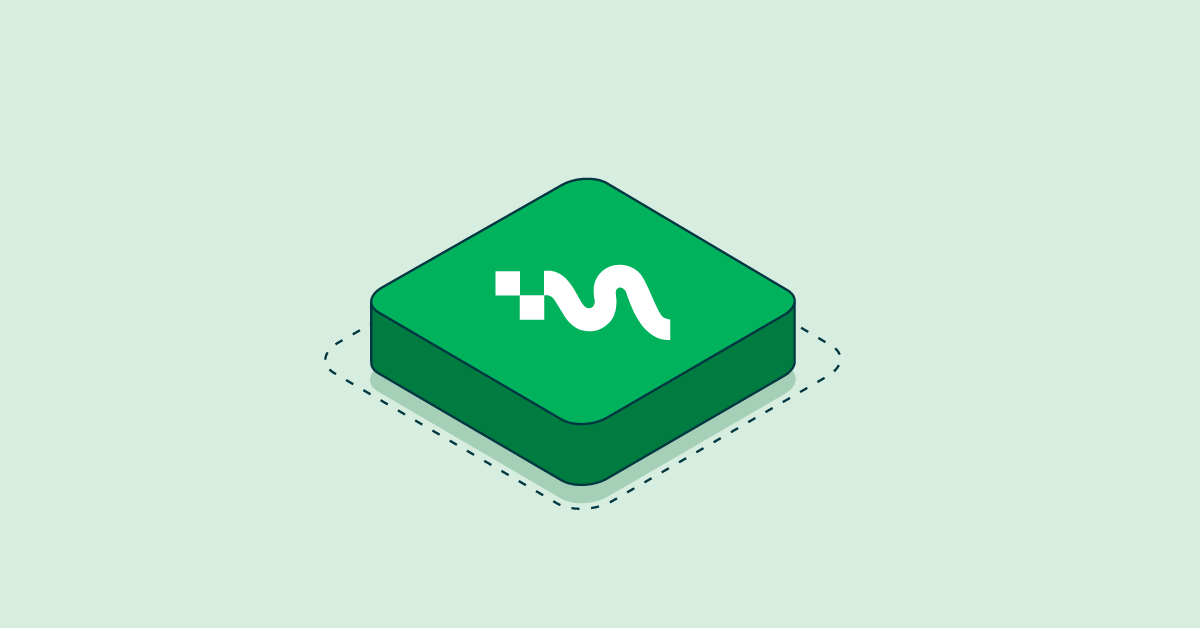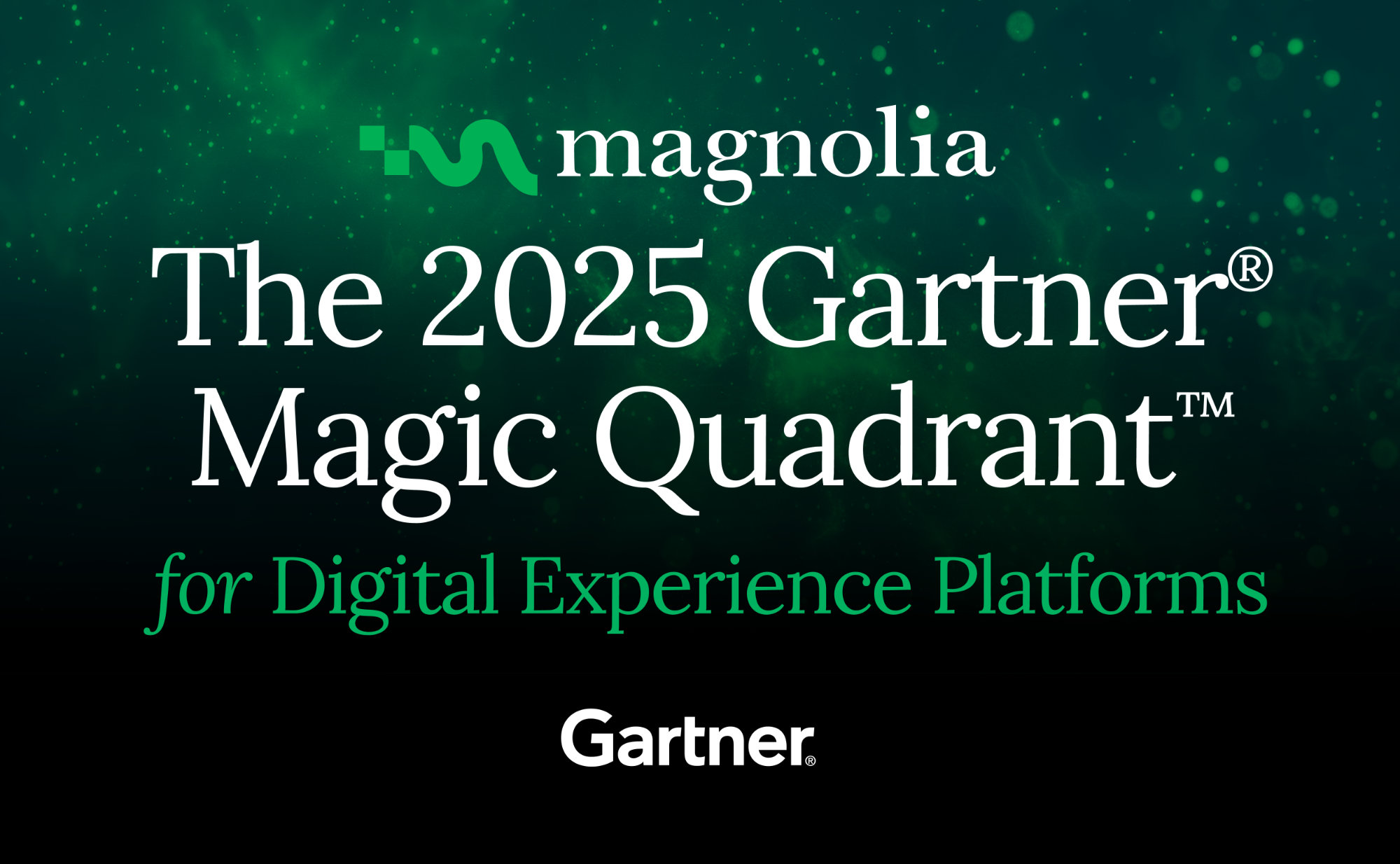- Jun 5, 2024
- 4 min
7 key use cases for GenAI in biopharma marketing
Magnolia in action
Take 12 minutes and a coffee break to discover how Magnolia can elevate your digital experience.
Biopharma marketing teams need to ramp up content creation. The healthcare professionals (HCPs) and patients who are their target audiences increasingly expect relevant, personalized information delivered through intuitive, engaging digital experiences. To meet those expectations, marketers must produce more content, formatted for multiple channels, translated into multiple languages, and optimized for distinct personas.
Generative artificial intelligence (GenAI) can help. By incorporating GenAI tools into content creation and digital experience workflows, your marketing team can produce a greater volume and variety of personalized content for omnichannel experiences while saving time and money.
Identifying key use cases
Tools such as OpenAI’s ChatGPT and Google Gemini have sparked the imagination of marketers. By instantly turning simple prompts into prose, the large language models (LLMs) that power these tools have opened new possibilities for creating a wide array of content. The challenge for marketers in biopharma—and other fields—is to determine how to best leverage GenAI to support their current work without jeopardizing accuracy and compliance.
Here are seven use cases that your marketing team can start exploring now:
Content generation
GenAI tools can augment the work of your team as you create content. Marketing writers can use GenAI tools to generate outlines for assets, and quickly present new ideas for titles and headers. Designers can use AI tools to help craft unique illustrations and photo-like images based on detailed prompts.
GenAI tools can be especially helpful in producing variations of existing content. For example, your team can use GenAI tools to create variations of ad headlines, paid social media posts, and email subject lines to conduct A/B testing.
Regulatory compliance
GenAI could introduce new regulatory risks to biopharmas if LLMs produce marketing content that is in any way inaccurate. But when implemented correctly, GenAI can actually help your team ensure that the content you are creating adheres to applicable laws and regulations. For example, if you are able to feed compliance rules into the prompting engine, the AI tool can deliver compliant results. Generating compliant content from the outset can help speed the medical, legal, and regulatory (MLR) review process, which might otherwise take months to complete.
AI can also help your team audit existing content for regulatory compliance. An AI tool could analyze marketing assets to determine whether they follow compliance rules specified by your team. The tool could generate a report that highlights potential issues and recommends changes.
Automatic translation
To deliver personalized experiences, biopharma marketers must make content available to HCPs and patients in multiple languages. GenAI can help dramatically reduce the time and costs required for translating content. Streamlining translation can help enhance efficiency and also accelerate new product launch timelines.
Magnolia AI Accelerator
Learn more about how we enable AI. Our AI Accelerator is a collection of generative AI features that speed up content creation, automate repetitive tasks, and improve content and design efficiency.
Content optimization
GenAI offers a highly efficient way to improve search engine optimization (SEO). When you are creating new content, AI tools can conduct keyword research; generate suggestions for web page outlines and headlines; and produce metadata, descriptions, schemas, and Open Graph (OG) tags for social media platforms. Those tools can also analyze existing content and immediately recommend modifications to improve search performance and audience engagement.
Personalization
GenAI tools can automatically produce variants of website components to personalize content. Your team can create a piece of content just once, then provide guidelines for the GenAI model. The model can then tailor the content for each customer segment and demographic.
Omnichannel campaigns
Like with personalization, GenAI tools can adapt content for the requirements of different channels, enabling your team to more easily support omnichannel campaigns. For example, you might produce a white paper but then use GenAI to produce text for short digital ads or posts on social media.
Customer service
GenAI has already demonstrated its utility for customer service. Organizations ranging from banks to airlines have employed GenAI for customer-facing chatbots. Similarly, biopharmas can use GenAI–based chatbots to field queries from doctors and patients, answer questions, and, when necessary, route individuals to an appropriate human. Using AI for chatbots can reduce the costs of customer service, provide compliant answers, and support doctors and patients around the clock — which can improve healthcare outcomes.
Integrating generative AI into a DXP
To make the most of these use cases, you should integrate GenAI capabilities into a digital experience platform (DXP). The right DXP will enable your team to optimize AI prompts, avoid highly problematic AI “hallucinations,” and maintain compliance with stringent regulations. By implementing a truly composable DXP, you can incorporate your preferred LLMs rapidly and start experiencing the benefits of GenAI right away.
Learn more about how to capitalize on GenAI for producing more content, faster in biopharma marketing. Read the white paper.









